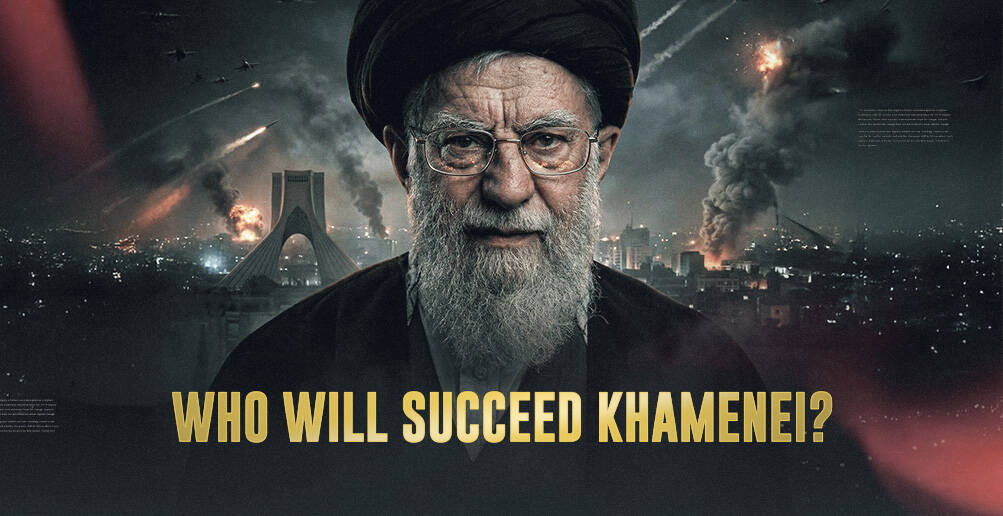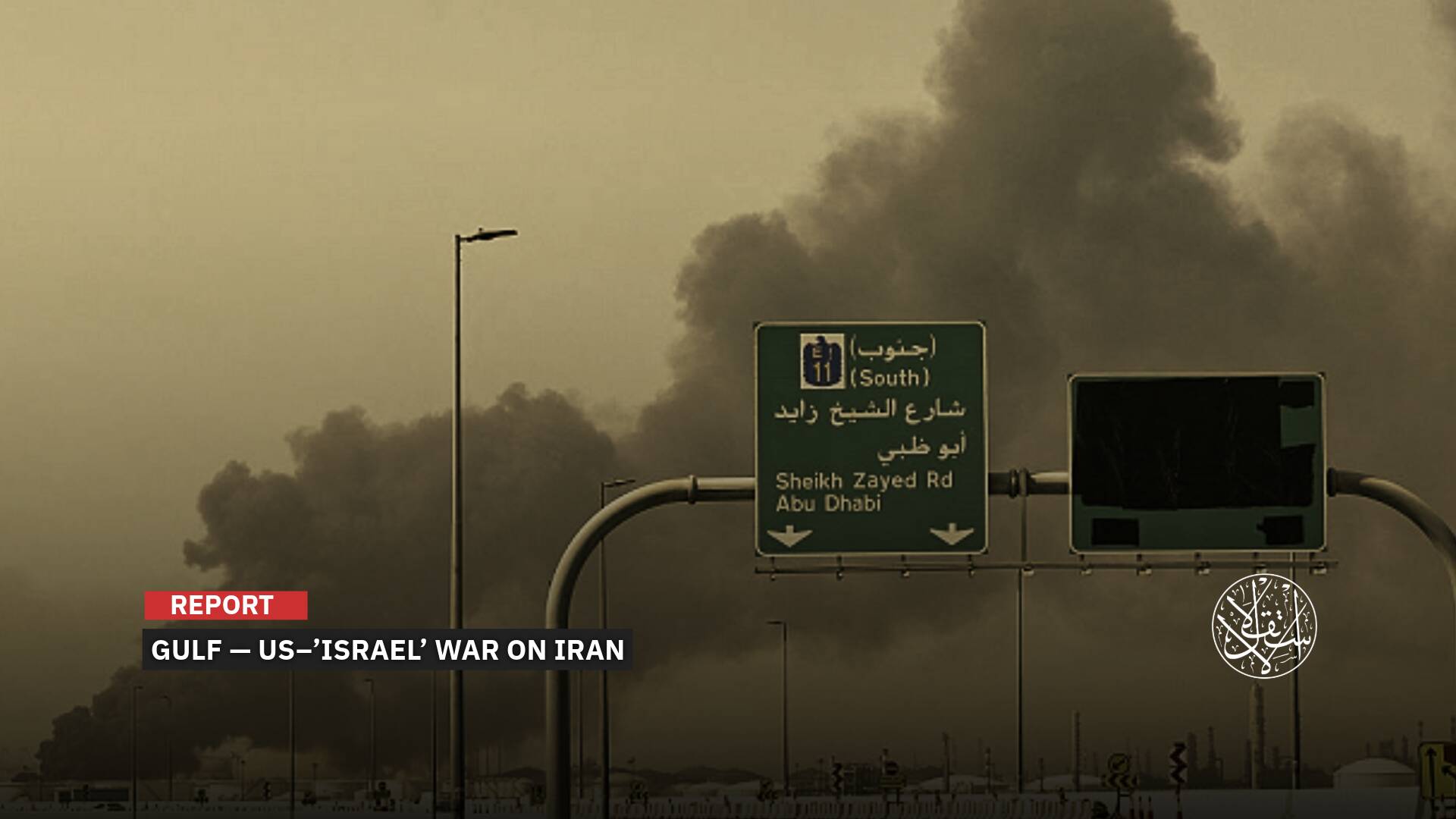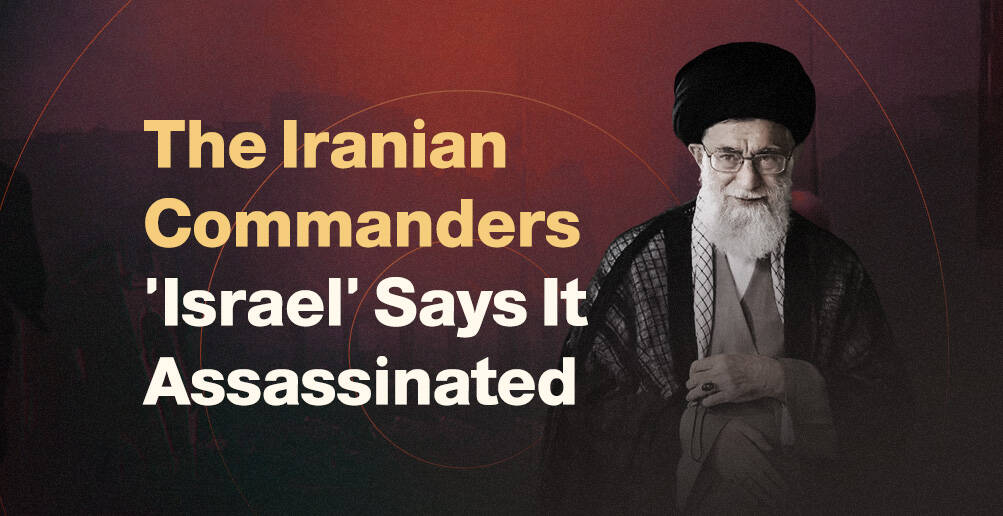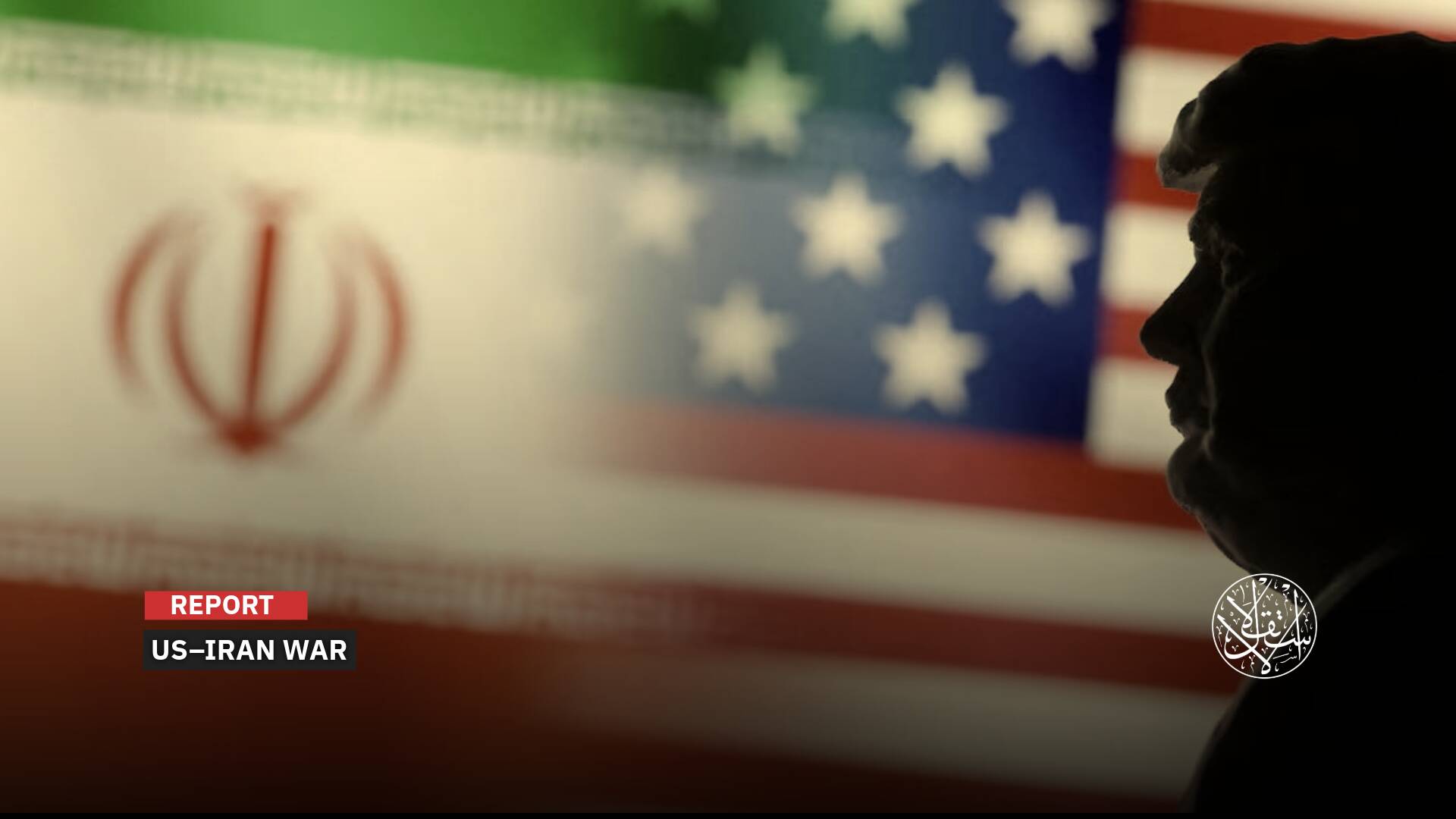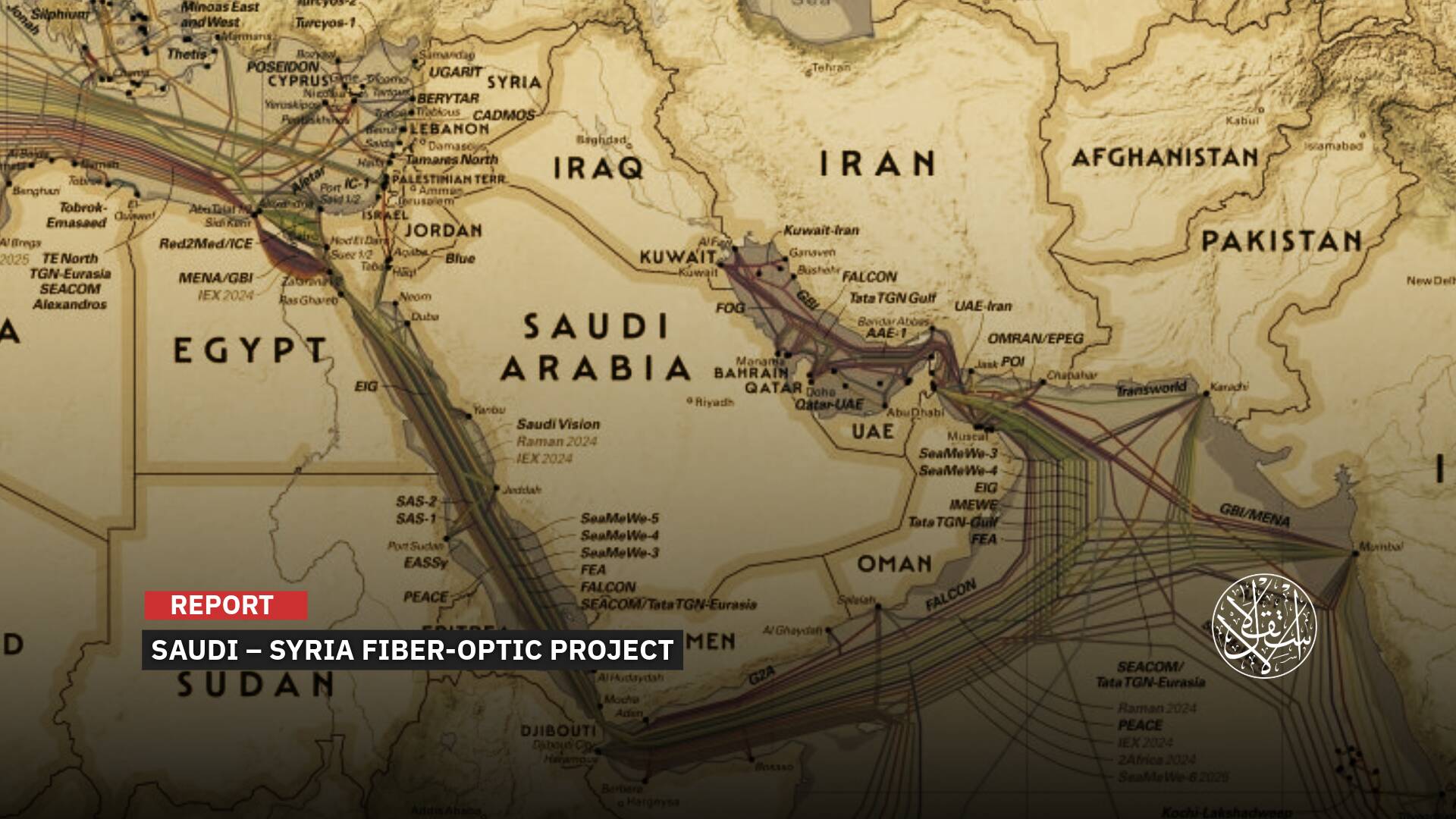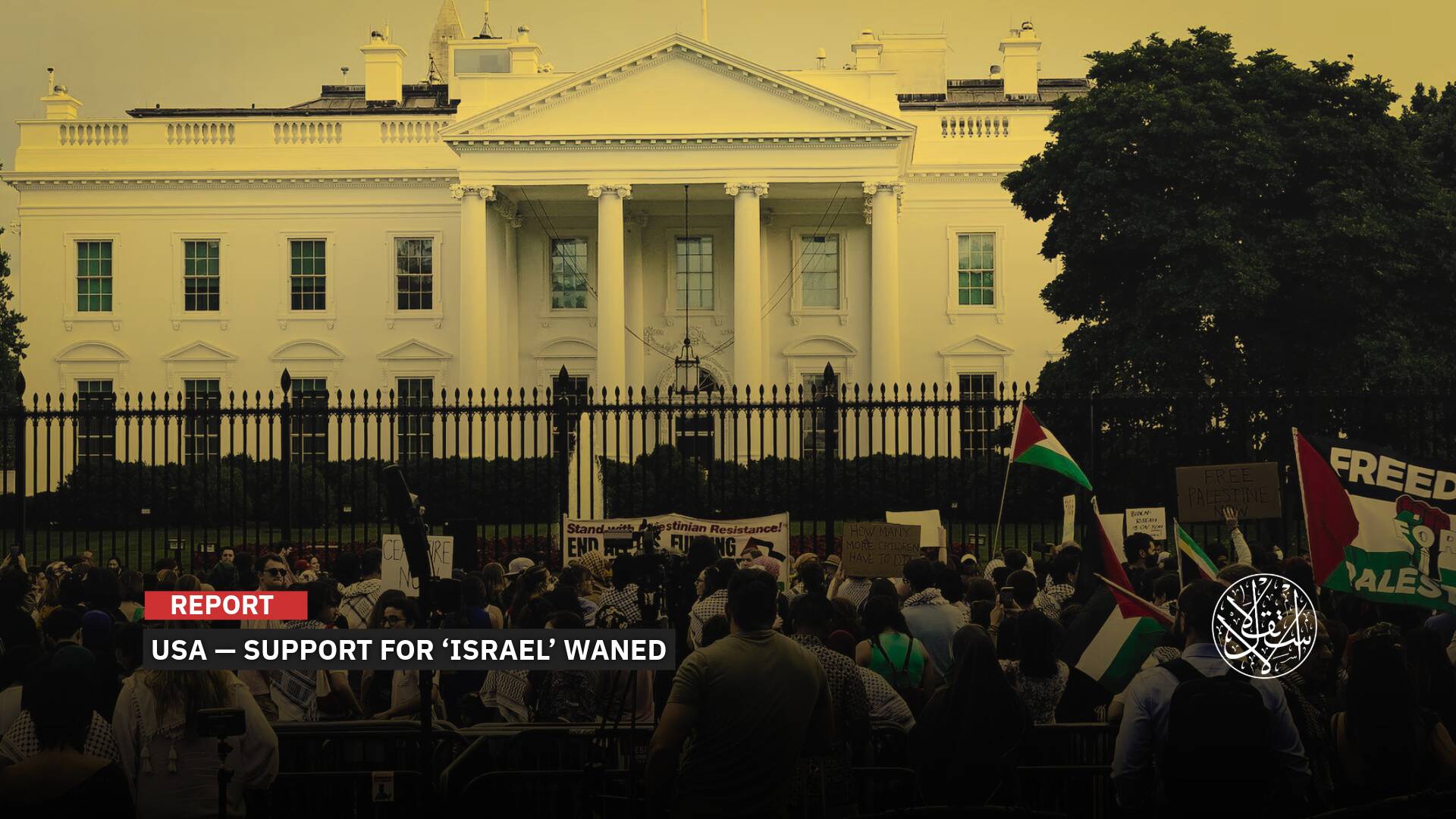What Is the Secret Behind the Iranian Attempts to Get Closer to Guinea?

The Italian magazine Nigrizia revealed Iranian efforts to fill the diplomatic vacuum and the international isolation imposed on the leader of the military coup in Guinea, Colonel Mamady Doumbouya, with the aim of putting its hands on the country's rich natural resources, especially bauxite.
Bauxite is an essential mineral rock for the Iranian industry because it is the basis for aluminum production, which is widely used in construction, transportation, aviation and chemical sectors.
On September 5, 2021, Guinea witnessed a military coup carried out by Doumbouya, accompanied by army officers, who detained President Alpha Oumar Conde, dissolved the government, suspended the constitution and closed the borders.
It is reported that Doumbouya received much training abroad, especially in “Israel” and France, which paved the way for him to quickly rise to the position of commander of the special forces, which is considered the best unit in the Guinean army in terms of training and armament.
Iran's Strategy
“Iran's strategy in this file is to exploit the international community's mistrust in the military coup led by Doumbouya, and then move forward to control the many iron and bauxite mines in that West African country,” according to Nigrizia.
“In October 2021, a company called Dabola-Tougue Bauxite advanced to explore new fields rich in these resources in the country,” it explained.
The company is officially known as a joint venture owned 51% by Iran and the remaining 49% by Guinea, although in fact it is funded and managed almost exclusively by the Iranian government, the magazine stated.
“The company had applied for an exploration license in a mining area located in the southeastern province of Faranah,” it stated.
“It is uncertain that if the company obtained a license to be the Iranian Mine Development and Renewal Organization, it is a government body that coordinates the activities of the company, is already able to carry out preliminary studies and start the first mining activities at the site, in view of the great difficulties that the Iranian economy is going through,” it said.
Therefore, the magazine interprets Tehran's move as a signal of rapprochement sent to General Doumbouya and to the new Minister of Mines, Musa Magassouba.

Iran's Need
Nigrizia reported that Tehran's interest in iron and bauxite mines in Guinea is not new.
“Tehran aims to increase aluminum production to 1.5 million tons annually by 2025, but it currently has less than one million tons per year of bauxite internally,” the magazine reported.
On average, four tons are needed to obtain one ton of aluminum.
That is why Iran has regularly supplied this material for years from Afghanistan and is also looking to Guinea, the country with the largest quantities of bauxite in the world.
“Former President Conde was in fact very close to China, Turkey and Russia, while he has always been cold toward Iran because, to him, doing business with Tehran means irritating some of his biggest allies, particularly the United States and the UAE,” it pointed out.
“Shortly after its establishment in 1994, the Iranian company obtained a license to operate in Guinea in an area of about 5,700 square kilometers in the center of the country, where it is estimated that there are about 600 million tons of bauxite,” it noted.
However, the Iranian-led company has not been able to fully exploit the rich deposits in the region, due to the nature of the mineral extracted, which requires particularly expensive technological processing to make it marketable.
In order to get out of this impasse, Iran in recent years has sought partners to build interconnection lines such as a railway or a gas pipeline that will be developed along a 300-kilometer road, to get faster to the coast to ship the mined bauxite by sea.
The magazine stressed that these Iranian efforts and attempts were in vain due to international sanctions.
From 2016 to 2018, the joint company attempted to obtain further extraction permits in offshore fields, but the government of former President Conde has always denied any opening, according to the magazine.

Trying to Revive
“Iran now hopes, after the coup, to return to the game by exploiting the diplomatic vacuum that has emerged so far around the coup leader Doumbouya,” Nigrizia explained.
According to the magazine, the opportunity is available to Tehran, and it must be seized in particular, and that a Guinean company affiliated with the Emirati Ghantoot Group for Marine and Infrastructure Contracting plans to develop railway corridors to further exploit iron deposits in the region.
“The unknown factor had to do with understanding the true intentions of General Doumbouya, who seemed to be inclined to seek contacts with the West,” it considered.
“Bearing in mind his past in the French Foreign Legion and his military training in Israel, therefore, Tehran's road to Guinea will be difficult,” adds the magazine.



